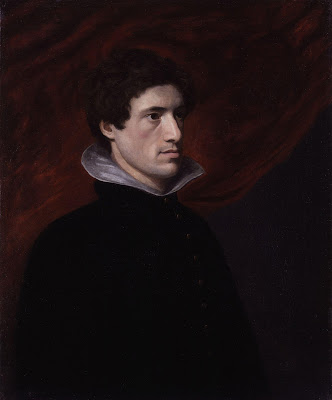FYI: I am still compiling the Risky Answers To Your Questions. Look for that next week.
In the meantime, in my usual roundabout and convoluted way, I came across a truly fascinating book: The Journal of a Georgian Gentleman, The Life and Times of Richard Hall, 1729 – 1801, by Mike Rendell.
Rendell is a direct descendent of Richard Hall, and Hall, it seems, not only extensively journaled his life, he was what we might call a highly organized hoarder. And because of this Rendell found himself in possession of an amazingly well documented life. Not just in journals but in collected ephemera. Hall saved just about every bit of paper he encountered. Pamphlets, broadsides, you name it, he seems to have saved and documented it.
He’s published this book (it’s a beautiful hardcover) and though I’ve only just started it, it’s wonderful. There are insights into daily life that I just don’t think exist anywhere else.
I’m going to pimp his book hard. It’s about $20 US, and I think any hard-core historical researcher would get a lot of use from this book. It’s worth having. Amazon
Anyway, what I want to mention today is this:
Richard recalled in his later retrospective jottings that his father had told him that when his father, Thomas, was a young man and required a bride, he had no choice but to go out on horseback and ride to the various villages within a journey of one day, visiting the homes of suitable persons and introducing himself to those with daughters of marriageable age. His whole world consisted of those parts of Berkshire, Oxford and Wiltshire as extended for a distance of perhaps thirty miles from his home. ‘Amazing then,’ Richard wrote, ‘to consider that in my lifetime we have seen horizons extend so markedly that a man may catch the express stage from Oxford and be in London later that same day!’ Journal, p 6
The passage about how Richard’s grandfather introduced himself to families with marriageable daughters is, to me, a reminder of how important calls were. Not just fun or polite, but serious business. Young men and women needed to meet a diversity of potential partners (church would NOT have been socially and geographically diverse enough) and without carriages or the express stage, you walked or rode within the limitations of your legs or your horse.
But it’s that last quote:
Amazing then to consider that in my lifetime we have seen horizons extend so markedly that a man may catch the express stage from Oxford and be in London later that same day!
that reinforces, for me, how much we have in common with the people who lived during the Enlightenment and the Age of Reason. They experienced the same technology driven transformation of their lives, and they, too, were fully capable of feeling and appreciating the changes wrought.
I can just imagine them saying things like, why, in my father’s day, it was two days travel from Oxford to London and it was uphill both ways! I don’t know why anyone would want to go to London anyway. Nothing but thieves and cutpurses and men as like to rob you as tell you how to find the White Horse Inn.
It’s why this idea among some people that the men and women of the Regency were in some fundamentally inscrutable and unknowable way DIFFERENT drives me nuts. They weren’t.
Just like today, not everyone followed the rules. There were liars and cheaters and people who were honest, good and caring. There were bad girls and good boys and sex felt as good then as it does now.
There will always be people who reflect on the past and how immensely things have changed since those days.
Just for kicks, according to Google Maps, it’s about 60 miles from Oxford to London. If you drive, it’s an hour and 20 minutes. If you take the train, it’s an hour and 11 minutes. 400 years from now, I suppose it will take 10 minutes.


